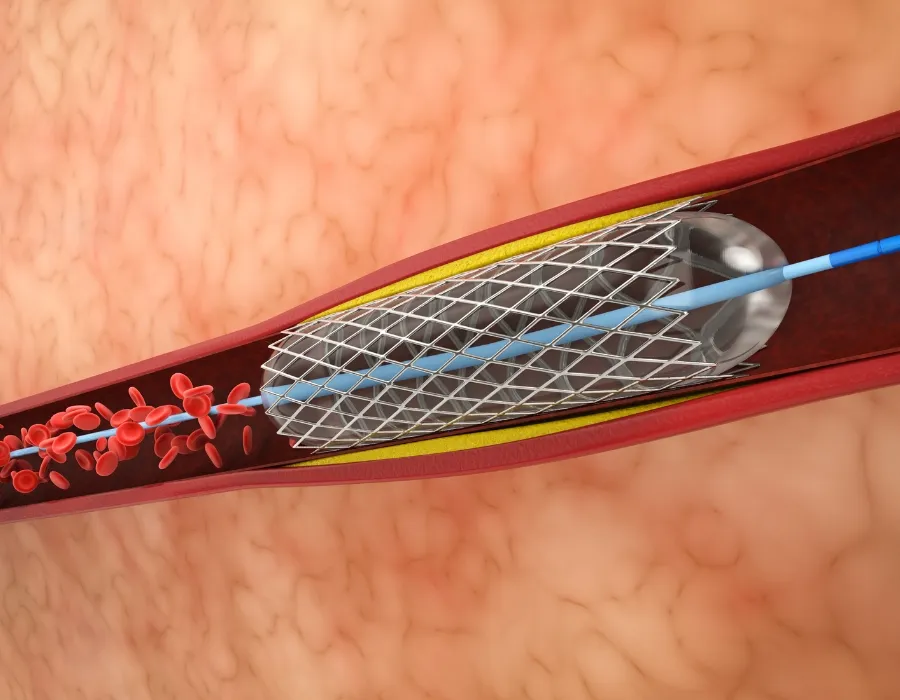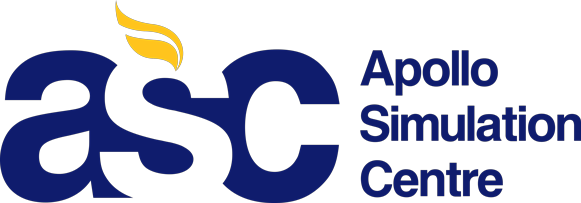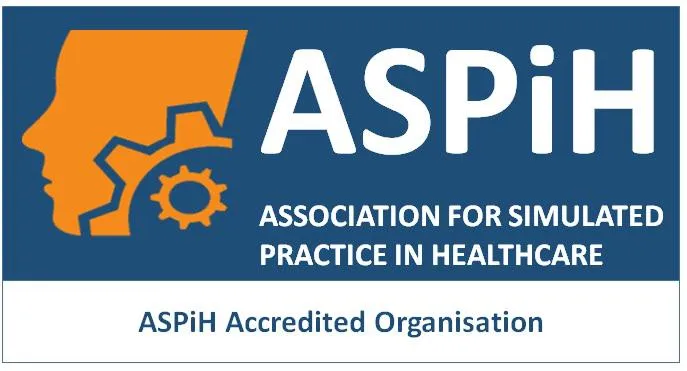
Learning Outcome
- During an acute ischemic stroke, there is a core of tissue that has been irreversibly damaged by ischaemia. Surrounding this core is the ischemic penumbra—tissue that is hypoperfused and at risk of permanent damage but may recover normal function if blood flow is restored. The primary goal of acute stroke treatment is to restore flow to the ischemic penumbra.
- Intravenous (IV) tissue plasminogen activator (tPA) is the standard treatment for acute ischemic stroke if administered within 4.5 hours of the patient’s last known normal time. IV tPA significantly reduces the risk of disability following ischaemic stroke.
- Although IV tPA benefits all ischemic stroke subtypes, patients with large artery occlusions often fail to achieve recanalisation and may have poor functional outcomes, even with tPA treatment. Intra-arterial thrombolysis, performed after IV tPA or as an alternative for those with contraindications to tPA, offers another treatment option for these patients.
Description
Patients experiencing an acute stroke require IV access and cardiac monitoring in the emergency department (ED). These patients are at risk of developing cardiac arrhythmias, and atrial fibrillation can either cause an acute stroke (via embolic disease) or arise as a complication.
New Batch Starts on
Contact Us
Course Duration:
1 Day
 Lecture modules
Lecture modules Access period: 1 month
Access period: 1 month Clear concepts
Clear concepts Manikin-to-student ratio of 1:3
Manikin-to-student ratio of 1:3 Interactive discussions
Interactive discussions Objective-structured clinical examination
Objective-structured clinical examination Certificate of completion
Certificate of completion
Curriculum
Online Modules
- Access to the academic portal begins two weeks prior to the contact course.
- Completion of all lectures is mandatory to be eligible for the contact course.
- A pre-course test in the form of MCQs will be conducted, requiring a minimum pass score of 70%.
Contact Course
- Emphasis on hands-on practice and skill training.
- Hands-on training with defibrillators.
- Rhythm identification, stroke, and ACS algorithms.
- Cardiac arrest care and post-cardiac arrest care.
- Manikin-to-student ratio of 1:3.
- Focus on decision-making and team training.
- High-fidelity, scenario-based training to enhance team performance.
Course Convenor

Dr. Srinivas Parasuram
Doctor
Why ASC
- Unparalleled Technological Infrastructure
- Expert Faculty with Real World Experience
- Innovative Learning Methodologies
- Comprehensive Curriculum
- Learner faculty ratio and learner manikin ratio is well maintained




